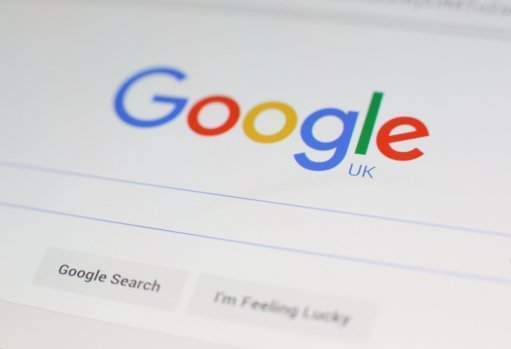
Extremists have made an estimated £250,000 ($310,000) from advertisements for UK brands on Google, according to a Times investigation.
A number of companies, banks including RBS and advertising firms such as Havas have either pulled their adverts from Google and its YouTube video site or are considering whether to do so.
Later this week, Google executives will face questions from ministers at the Cabinet Office after the UK government imposed a temporary restriction on their own adverts, including campaigns for military recruitment and blood donation.
They will be asked about what the company plans to do to combat the problem of extremist content on YouTube and Google’s wider networks.
Today, Marks and Spencer became the first supermarket to remove its online advertising from all of Google’s platforms.
Sainsbury’s, the second largest UK supermarket, soon followed suit.
How well do you really know your competitors?
Access the most comprehensive Company Profiles on the market, powered by GlobalData. Save hours of research. Gain competitive edge.

Thank you!
Your download email will arrive shortly
Not ready to buy yet? Download a free sample
We are confident about the unique quality of our Company Profiles. However, we want you to make the most beneficial decision for your business, so we offer a free sample that you can download by submitting the below form
By GlobalData“We have strict processes in place to prevent our adverts from appearing alongside inappropriate online content. It is unacceptable that Google is allowing our ads to be placed alongside these videos on YouTube. We have suspended all Sainsbury’s and Argos advertising on the site with immediate effect and are seeking urgent assurances from Google that this issue is being taken seriously and addressed,” a Sainsbury’s spokeswoman said in a statement issued to Verdict.
Verdict asked other leading UK supermarkets Tesco, Aldi and Morrison’s whether they too would suspend their advertising on the Google wesbite, but received no answer.
Google responded to allegations of misconduct, admitting that the company was not doing enough.
“In a very small percentage of cases, ads appear against content that violates our monetisation policies,” Ronan Harris, the tech giant’s UK managing director, said on Friday. “We promptly remove those ads in those instances, but we know we can and must do more.”
Matt Brittin, Google’s head of Europe, the Middle East and Africa added to comments from Harris, making a public apology.
“I want to take this opportunity to apologise to anyone affected,” he told the Advertising Week Europe conference in London on Monday.
However, Brittin did not confirm whether or not the company would actively seek out extremist content and then take action against it.
As Alexi Mostrous from The Times, who first broke the story tweeted:
Google’s @MattBrittin apologises to brands advertised on extremist content but admits *no* Google employee proactively searching for it.
— Alexi Mostrous (@AlexiMostrous) 20 March 2017
Along with Facebook, Google controls 60 percent of the growing digital advertising market, according to a new forecast from eMarketer, the Financial Times reported.
Currently, Google only reviews content that is flagged as inappropriate by its users.







